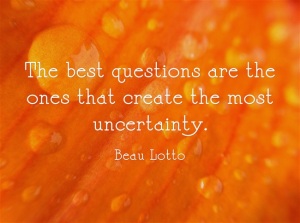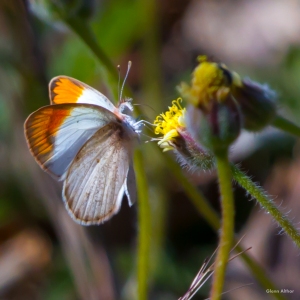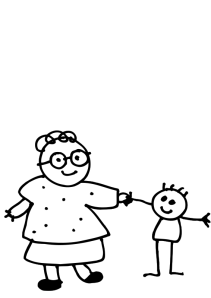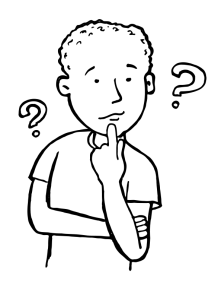
Made with Quozio https://quozio.com/
Do you grapple with making choices of how to use your time? Do you find that the things you want to do are often squeezed in after the things you have to do and the things you are expected to do? Or worse – squeezed out entirely? Do you ever find yourself doing one thing and wishing you were doing something else? Or worse: procrastinate, and then feel guilty for doing so?
I do; and I find it very frustrating.
I have a solution:
Live in the here and now and enjoy every moment.
I’m not saying it’s easy, and I’m not saying I’m good at it, but the more I practice the better I get and the more enjoyable my time is.
While some things do not seem like a choice, usually they are; and if they are not a choice, our attitude is.
I have been thinking about this a lot lately because the time I had intended for one thing seems to be very easily devoured by other things. I can choose to feel frustrated about the loss of time for my desired activity, wish I was doing something else and generally feel miserable. The time still passes and I am no better off.
Alternatively I could:
- view these activities as a choice (e.g. I could leave the house dirty, go without food, let my teeth rot, ostracize myself from family and friends)
- appreciate that I am able to do them (e.g. I have a house to live in, I am fit and able to clean it and have all the things I need)
- focus on what I am doing and quieten those wishes to be somewhere else, doing something else (e.g. a lengthy wait for the doctor can provide thinking time that may have been difficult to schedule otherwise)
- banish feeling guilty about choosing time with people, pleasure (fun), or procrastination, all of which are essential to a happy life.
Procrastination you say?
Well procrastination can give you that all important time to reflect, re-energize and create new ideas.
I am not alone in thinking about the effect of choice upon our use of time. This week the flash fiction prompt posted by Charli Mills was to:
In 99 words (no more, no less) write a story about a decision between two clashing priorities.
In her post Charli talks about “muddled priorities” and being “confronted with distractions and decisions”. She suggested that the writers among us need to “prioritize our priorities so we can swath writing time as if we were farmers of words.” She talks about the need for balance, prioritizing and planning; looking after oneself as well as one’s work; which means making choices about how one’s life is lived.
If we accept that life really is a series of choices and that we have control over the choices we make, then acceptance of the choices and their results must follow.
Sometimes the choices are easy, and it’s simply a matter of going with the flow. But sometimes going with the flow can be difficult; especially when the waters are a raging torrent and you are wishing you could grab hold of the reeds on the bank and pull yourself out for a little respite, such as in the analogy I have used in this first flash piece:
Overwhelming expectations
The waters raged around her, pummeling her against the rocks, tossing her every which way, pushing her under and holding her there until she thought she must drown. She clawed at the rocks and grasped at the reeds, gasping for breath. The bank beckoned invitingly. The torrent sucked her back, playing ‘now you see her, now you don’t’ before swirling her back to bump inelegantly over the rocky shallows, dumping her battered body on the edge. She gulped the air begging respite and revival. Her choice: the safety of the sideline bank or back to navigate a journey through.
Sometimes the choices are difficult because they appear to promise equally attractive (or unattractive), if different, outcomes. We may think a crystal ball could make the decision easier, but perhaps the only way to find out what the future brings is to live it, as discovered in this next flash offering:
Future seeker
“What do you seek?”
“Knowledge of the future.”
“That knowledge comes at a price.”
“I’m willing to pay.”
The eyes as deep as the ocean and dark as coal lifted from the shiny globe, contemplating the petitioner.
The globe’s soft glow in the dimness cast eerie shadows across the youthful face accentuating his desperate need.
One eyebrow raised, questioning. “It involves . . . a sacrifice?”
“I have more money than I could spend in a thousand lifetimes. Just tell me the price.”
The dark eyes flashed.
“Your life.”
He saw it all in a moment, and was gone.
Of course, as adults, it is important for us to have developed some self-regulatory skills or nothing would ever be accomplished. But what about children. How can we help children learn to make effective choices?
In honour of your time and mine, I will leave that for a future post!
I always enjoy reading your comments. I invite you to share your thoughts.
If you enjoyed this post, you may enjoy others. Please click the button at the top on the right to receive future posts by email.



















